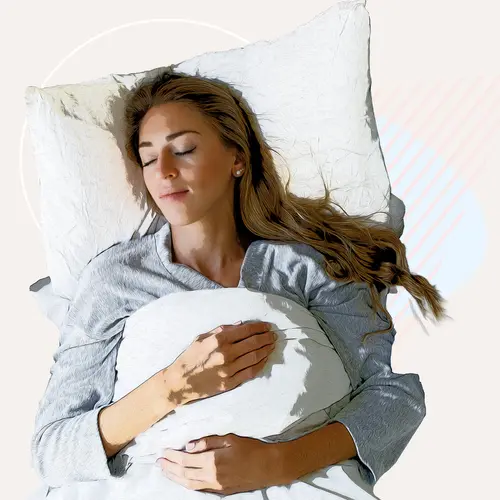Melatonin: How It Affects Sleep

Hide Video Transcript
Video Transcript
Michael Breus, PhD
It's a hormone, it's actually a synthetically produced hormone. Most melatonin is not harvested from pineal glands. Our body produces melatonin and most people don't realize this, but we all already have enough melatonin in our systems. Taking extra melatonin probably isn't going to do a whole heck of a lot, unless you're melatonin deficient, or unless you're taking it right at the right time in the cycle to help produce sleep. That's a more complicated question than most people would imagine. So, for example, melatonin is only truly effective when you take it at particular times of the day and that timing has to be exactly opposite of your core body temperature drop. And so, what ends up happening is, you may end up, you don't take melatonin like you would a sleeping pill, where you take a sleeping pill and then get in the bed and fall asleep. Melatonin doesn't really work that way. You'd probably be taking it 2 to 3 hours ahead of the time you're about ready to go to bed, and that should hit your cycle. Everybody's cycle is different and so, it's kind of hard to tell. If you've already started to go down, in terms of your core body temperature cycle, and you take melatonin, it'll be completely ineffective, which is why half of my patients tell me, I tried melatonin and it didn't work, and half my patients said, I tried melatonin and it works great. 